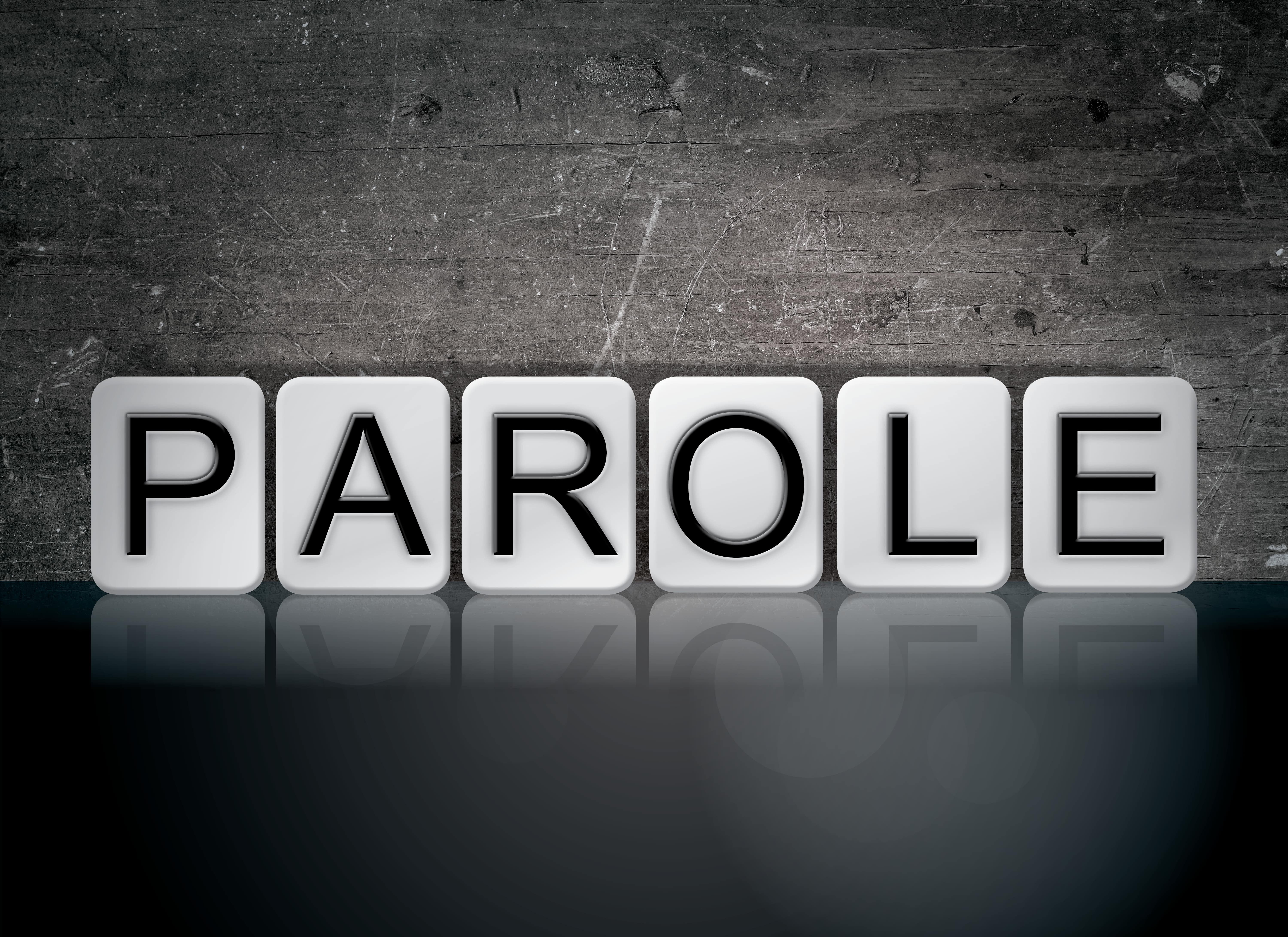Full time prison is the most serious type of penalty that a Magistrate or Judge can give for criminal and traffic offences in NSW.
An imprisonment sentence can be either full time prison or an alternative to full time prison spent in the community so that you’re not locked up.
An alternative to full time prison includes an intensive corrections order which is an imprisonment penalty where you do not actually go to prison.
Full time prison is a type of penalty where you are detained ‘behind bars’ for a period of time determined by the Judge or Magistrate.
The courts will only impose full time imprisonment as a sentence of last resort, after having exhausted all other possible alternative penalties. The Court’s job is to impose the most appropriate penalty to the case.
To get the best chance at avoiding full-time prison for a criminal or traffic offence it’s important to understand the law behind this type of penalty and how to best prepare a sentence.
Normally, where a Judge imposes a full-time prison sentence of anything more than 6 months for an offence, the Judge must impose a “non-parole” and “parole” period. The combination of non-parole and parole period is considered the total term of a sentence of imprisonment.
FAQ
A “non-parole” period is the minimum time required to be detained in prison for the offence. The parole period is the period of time you’re able to be released from custody to spend the remainder of your sentence term in the community, often under the supervision by a community corrections officer.
A non-parole period of 3 years or less means that the offender will be subject to a ‘statutory parole order’ directing his/her release on parole upon the expiry of the non-parole period.
However, a non-parole period of more than 3 years means that the offender will not have the ‘statutory parole order’ directing his/her release on parole after completing the non-parole period. In that instance, the offender will be eligible to be released on parole- where the parole board decide whether the offender is to be released on parole.
The Court cannot impose any conditions of parole. The conditions and terms of parole are decided by the parole authority.
The non-parole period is normally not allowed to be less than three quarters (75%) of the total term of the sentence (including the non-parole and parole period) for NSW offences. This means that you serve a longer period in prison with a shorter period on parole (if released on parole).
However, the Judge is allowed to reduce the ratio between the non-parole period and parole period- so that the parole period is extended, effectively reducing the non-parole period if there are “special circumstances” in the case. This will result in the total term of the sentence to remain the same but you will spend less time behind bars if there are “special circumstances” in your case.
If the following one or more combination of features apply to your case, the Judge can reduce the minimum time you’re required to spend in full time prison by increasing the parole period outside prison:
- Good prospects of being rehabilitated. This can be demonstrated by showing a willingness and/or commencement of rehabilitation programs in the community to recover from any drug and alcohol addictions. It’s a good idea to start this process off early in the case and well before your sentence day.
- Need for continued help to address any drug and alcohol addictions.
- If this is your first time facing prison.
- If you’re suffering a physical or mental illness or condition.
- If your time spent in custody in prison will be more onerous than usual. i.e. this can include serving time in protective custody due to a danger of being harmed if you are placed into the general prisoners community.
- Your young age and any hardship to others who depend on you as a result of you going to prison full time.
If the term of full time prison is 6 months or less, the Judge will not set a non-parole and parole period.
If the court imposes prison of 6 months or less, the Judge is required to provide reasons as to why an alternative to full time prison wasn’t considered appropriate.
Some offences in NSW carry a ‘standard’ period of full time prison (non-parole). The law provides standard non-parole periods for certain very serious charges.
A Judge isn’t compelled to give the standard period of prison. However, the Judge is required to use the standard period of non-parole as a guide in reaching an appropriate sentence to a standard non-parole period offence.
The Judge can only use the standard minimum jail period as a guide if the seriousness of the offence is considered to be in the mid-level of seriousness for that kind of offence.
In determining whether an offence falls in the mid-level of seriousness for that kind of offence, the court will look at the following features of a case:
- The maximum penalty for the offence;
- The objective factors of the offence (nature of the offending), such as pre-meditation, planning, period of time the offence lasted for, extent of any harm caused, whether you did it intentionally or recklessly, whether the offence could have been dealt with in the Local Court instead of the District Court, extent of your involvement in the offence etc.
Determining the objective seriousness of an offence depends on the specific offence and circumstances of each case. For example, assaulting someone after being provoked from the victim is considered less serious than an un-provoked assault.
Even if a Judge finds that an offence falls within the mid-level of seriousness for that kind of standard non-parole period offence, the Judge can decide not to apply the standard non-parole period of prison, and instead the Judge can give you an alternative to prison such as an Intensive Corrections Order. If he/she does this, then the Judge is required to provide reasons for doing this.
The standard time of full time prison (standard non-parole period) apply to the following offences:
- Murder: 20 years
- Cause wounding or grievous bodily harm with intent: 7 years
- Reckless wounding: 3 years
- Discharging firearm with intent to cause grievous bodily harm: 9 years
- Assault police officer occasioning bodily harm: 3 years
- Wounding or inflict grievous bodily harm on police officer: 5 years
- Sexual assault: 7 years
- Aggravated indecent assault: 5 years
- Bushfires: 5 years
- Manufacture or production of drugs at commercial quantity (other than cannabis leaf): 15 years
- Supply drugs at commercial quantity (other than cannabis leaf): 15 years
- Unauthorised possession or use of firearm: 4 years
The Standard Non-Parole Period doesn’t apply to the standard non-parole period offences if any one of the following apply to your case:
- An offender who is under 18 years old
- If an offender is sentenced to life imprisonment or an indeterminate period of time, or detained under the Mental Health (Forensic Provisions) Act 1990
- If the offence (even if it’s a standard non-parole period offence) is dealt with in the Local Court (dealt with “summarily”).
- Offences involving an attempt to commit an offence (except for attempt to murder, or attempt to supply drugs at commercial or large commercial quantity.
For a full list of all offences that are considered a standard non-parole period offence, see the Table in Division 1A of Part 4 of the Crimes (Sentencing Procedure) Act 1999 (NSW).
 (02) 8606 2218
(02) 8606 2218








